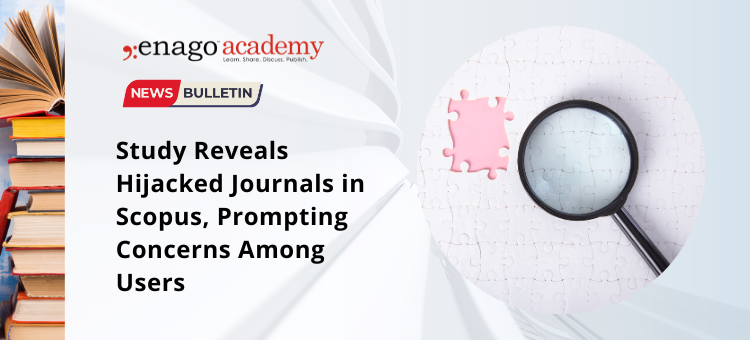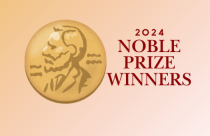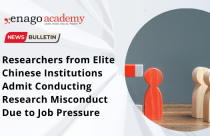Attention Scopus Users! Study Reveals 67 Hijacked Journals Prompting Concerns

A recent study focused on indexjacking, warns that Scopus, a widely used scientific paper database operated by Elsevier, contains 67 “hijacked” journals as of September 2023. The analysis identifies 33 journals indexing unauthorized content, 23 compromising the homepage link, and 11 doing both. These journals from legitimate publications were taken over by unscrupulous operators to profit from author fees of up to $1000 per paper. The study indicates that hijackers employ various methods, such as renewing internet addresses before legitimate owners, or manipulating Scopus to list a fake URL that redirects to the hijackers’ website. These journals, although a small fraction of the total indexed, raise concerns about the corruption of the scholarly record. Some hijacked journals may contain legitimate work, but on analysis revealed instances of plagiarism, fabrication, or publication without peer review. Notably, nine of the hijacked journals are in the medical field, posing potential health risks.
Elsevier Responds With a Thorough Investigation of the Identified Journals
Elsevier is investigating the identified journals, and as of September 2023, 13 journal homepage links have been removed from Scopus. Scopus emphasizes the importance of maintaining integrity. They claim to have been proactively addressing suspicious titles using technology and input from researchers and experts. However, the study’s author questions the effectiveness of Scopus’ measures, citing instances of continued listing of hijacked journal papers despite previous alerts.
Counteract Hijacked Journals
Anna Abalkina, the study’s author suggests that changes are needed within the scholarly publishing ecosystem to counteract hijacked journals. With emphasis on the role of coordinated action by all stakeholders, the authors are further advised to consult a list of hijacked journals and stay vigilant to prevent further infiltration into commercial bibliographic databases.










It is unfortunate that we have come to a time like this, where individuals are willing to steal academic productions for personal gain with impunity.
Good effort